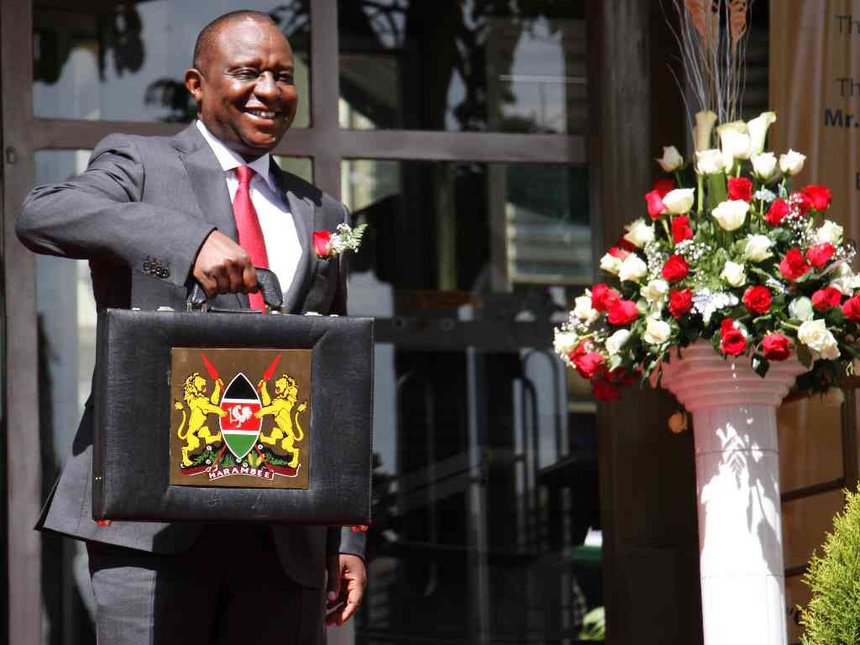×
The Standard e-Paper
Smart Minds Choose Us

It took 14 Finance ministers over a span of 50 years since independence to move Kenya’s total debt to Sh1.77 trillion by the time former President Mwai Kibaki left office in 2013.
But in only five years, one Finance Cabinet Secretary Henry Rotich, borrowed a jaw-dropping Sh3.4 trillion, setting the stage for the current financial crisis that has seen The Treasury desperately go after poor Kenyans with punitive taxes.